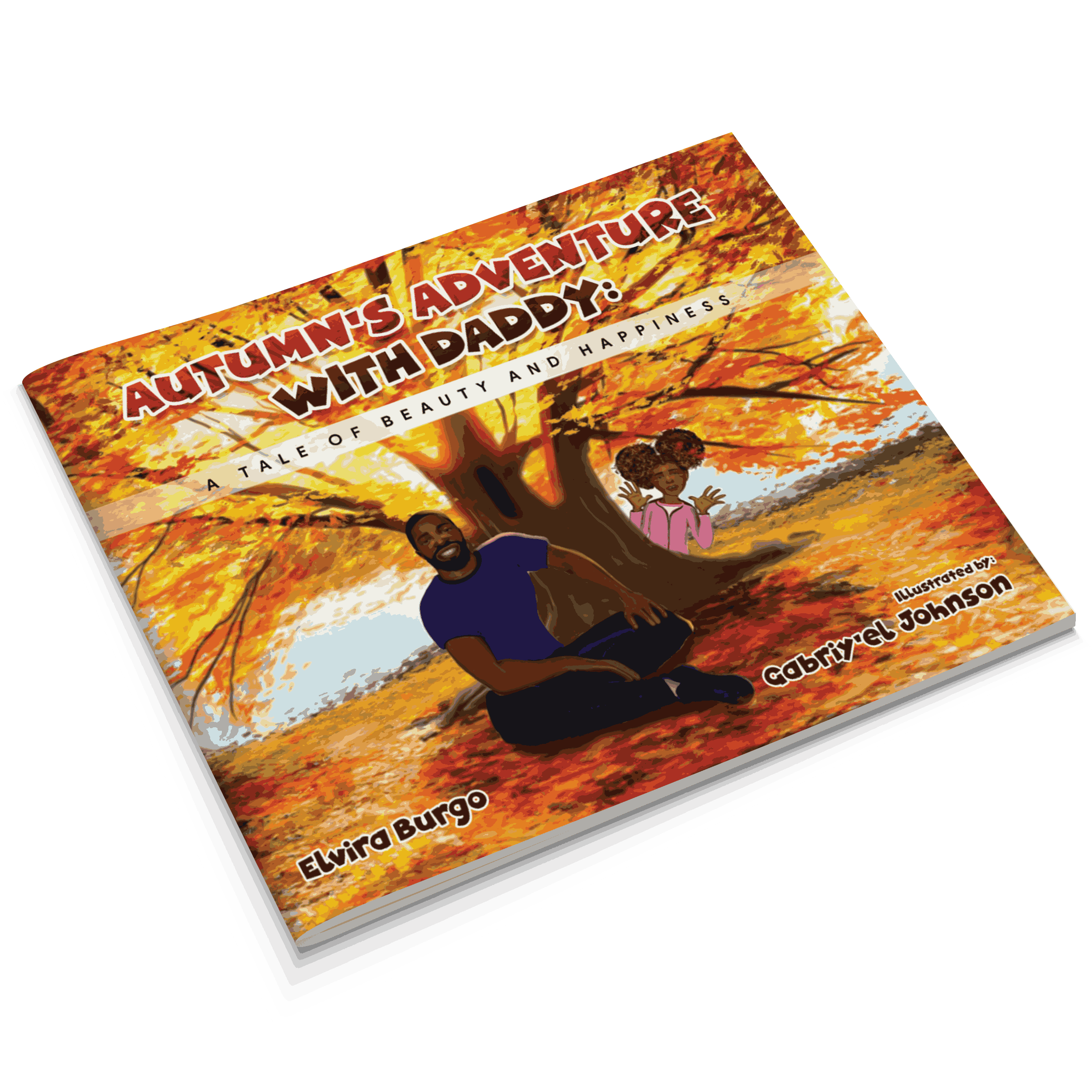Parenting Styles
What’s Your Parenting Style?
“There is overwhelming evidence that kids need parental warmth to thrive.”
It may not be clear-cut, but do you ever wonder what your parenting style is? There are various approaches, and understanding them can affect your child’s development. Let’s examine four primary parenting methods and their effects.
4 Types of Parenting Styles
Authoritative
The authoritative parenting style is nurturing. In this environment, clear rules and expectations are provided, and parents are warm and encouraging.
Authoritarian
Parents in an authoritarian manner are controlling and have strict rules. If the rules are not followed, children are usually punished. There’s no reasoning with the child, and when a child asks why, the answer is always: “Because I say so!”
Permissive
This type of parenting is a lenient, easygoing approach that lacks clear direction. The parent often allows their children to do as they please.
Neglectful
Cold and uncaring are the characteristics of this parenting style. The parent is uninvolved and non-responsive to a child’s needs, offering little attention or guidance. This type of parent may have their own issues to contend with.
The following are the effects of parenting styles.
The Worst Parenting Style
According to experts, the worst parenting style is authoritarian.
Research demonstrates that kids with authoritarian parents perform more poorly than children with permissive parents. (www.canr.msu.edu)
Children in authoritarian environments usually have low self-esteem, are unable to make their own decisions, can rarely think for themselves, and are aggressive, angry, and resentful.
In addition, there’s evidence that corporal punishment is connected with higher levels of anxiety and depression among children. (parentingscience.com)
The Recommended Approach
The authoritative parenting style is the most recommended because it fosters children who are self-reliant, independent, and socially competent. Children in this kind of environment also tend to have high self-esteem and are generally happy and prosperous.
What sets this parenting style apart is the balance between setting limits and warmth and sensitivity. In this setting, parents turn to reasoning rather than threats or punishments.
Most studies suggest a link between authoritative parenting and improved academic performance. (www.parentingscience.com) Children in these households are less likely to be delinquent, depressed, anxious, or to use drugs.
Below are real-life examples with positive and negative outcomes.
Real-Life Examples with Positive Outcomes
- At a relatively young age, the daughter becomes an executive of a company.
Parenting Style: Authoritative
- A son is very accomplished.
Parenting Style: Authoritative
- The daughter thrives as a prosperous businesswoman.
Parenting Style: Authoritative
- A son is a successful CEO.
Parenting Style: Authoritative
Real-Life Examples with Negative Outcomes
- A daughter beats her mother as she gets older.
Parenting Style: Permissive
- With no mental health services, a severely depressed mother’s son becomes delinquent.
Parenting Style: Permissive
- A woman’s strong, narcissistic personality has split the family, and the adult children are resentful, anxious, and struggling.
Parenting Style: Authoritarian
- An adult son goes missing and has yet to be found, and his depressed sister is unable to function even while in therapy.
Parenting Style: Authoritarian
The good news is that anyone can change, and children are resilient. Below are ways to adopt a more authoritative parenting style, along with resources offering emotional support.
Suggestions for Adopting a More Authoritative Style
- Show your child love and support.
- Establish clear rules and enforce them consistently.
- Model the behavior you want to see.
- Listen to your child and validate their feelings.
- Be patient and flexible.
The Good News
One should not feel guilty or anxious about being a parent. If a parenting style isn't working, consider changing it. It may require some effort, and help may be necessary.
Moreover, children are resilient. The delinquent boy above is now a productive member of society.
Resources on Parenting
- Crisis Hotlines:
- 988 Lifeline - Text or call 988 for immediate support
- Crisis Text Line: To connect with a crisis counselor, text HOME to 741741
- “The 5 Love Languages of Children” by Gary Chapman and Ross Campbell -This book explains how to express love to children in a way that resonates with their unique love languages, which helps with learning and discipline.
- Family Lives: A website offering support with child behavior.
- “How to Talk So Kids Will Listen & Listen So Kids Will Talk by Adele Faber and Elaine Mazlish - A guide filled with practical advice on communicating effectively with children.
- Parent Stress Line – A confidential and free helpline for parenting issues. Call 1-800-632-8188.
- “The Science of Parenting” - A series of articles on various parenting websites that discuss strategies for parenting.
- “Raising Resilient Kids” - “Articles that provide strategies for fostering resilience in children.
- “The Authoritative Parenting: How to Raise a Resilient and Confident Child” by
William D. Tille. This book focuses on the practices and principles of authoritative parenting.
- “Authoritative Parenting: A Guide to Raising Kids.” The article discusses the effects of authoritative parenting on children’s social and emotional development.
In summary, while I have addressed the four main parenting styles (authoritative, authoritarian, permissive, and neglectful), I encourage you to reflect on your own experiences, develop a growth mindset, and research other parenting styles, such as gentle parenting, attachment parenting, free-range parenting, and helicopter/lawnmower parenting. Remember, no parent is ever perfect.
Thanks for reading.
Elvira
Disclaimer:
This article is for informational purposes only. If you are struggling with parenting and your child is not doing well, please seek professional help.

